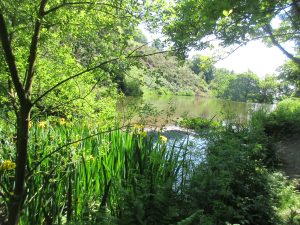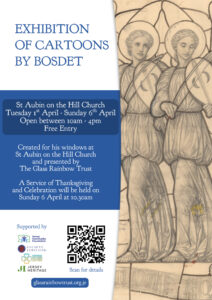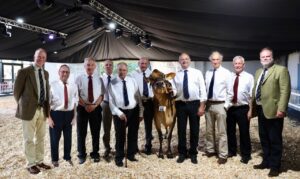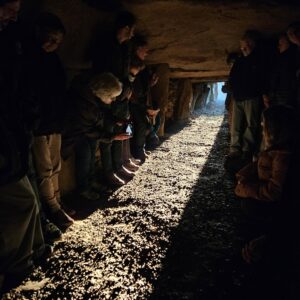
By Mike Stentiford
IN unprecedented times such as these, focussing any thoughts towards the therapeutic values of nature is unlikely to register too highly on our collective list of top priorities.
With countless lives lost, livelihoods on hold and economies in freefall, reminding ourselves of the healing power of the natural environment might, to some, seem of very little consequence.
And yet, it’s a guaranteed given that the official two-hour ‘freedom for exercise’ allocation offers one of the most unique opportunities for human investment in nature.
That covid-19 is doing its damnedest at this very special season of the year holds a particular irony insofar as reassurance of a virus-free future would not be nearly as apparent or as positive if it were not for the highly visual emergence of springtime.
As a result, there’s a real and hopeful possibility that the coming weeks will create a significantly better public understanding of the healing qualities of our surrounding natural landscape.
It has been proved time and time again by qualified professionals that developing a ‘connective relationship’ with a land or seascape leads to a ten-fold improvement in mental health issues.
This rightly implies that there’s a cast-iron guarantee that those who regularly take the allocated daily exercise in an appealing country lane or along a favourite stretch of Island coastline will be gaining priceless benefits of personal wellbeing.
In what has now become a largely ‘silent island’, it’s also highly likely that our capabilities of hearing have improved quite considerably.
In all probability, this has resulted in springtime birdsong sounding significantly louder, clearer and, as a consequence, even more appreciated.
This in turn has led to our brief freedom to roam ‘sanity escapes’, presenting more opportune moments to look at nature a little closer and to listen to her musicalities for just a little longer.
Who knows, with such a temporary hold on life as we once knew it, previously held attitudes and perceptions might even change the world and its wife for the better.
And, with the realisation that life doesn’t necessarily need to be continuously led in the furiously fast and competitive lane, a little more time might be set aside for a more profound appreciation of the Island’s far more sustainable ‘natural capital’.
Of course, whether or not human nature will be demanding of a quick return to old routines by year’s end is open to conjecture.
But, if the allocated two-hour relief from the current lockdown instills a better collective appreciation of our priceless environmental natural attributes, then yes, perhaps we can, and will, reserve the right to view the world in a far better, brighter and greener light.




